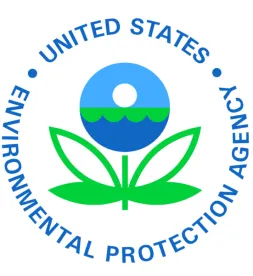In a somewhat surprising decision issued at the end of 2020, U.S. EPA ruled that Section 112(r)(1) of the Clean Air Act, better known as the “General Duty Clause,” requires facilities to implement the latest industry practices in order to minimize the potential for accidental releases. Given this decision, and in anticipation of future inspections or regulatory inquiries, facilities should review, update, and document their programs for meeting the General Duty Clause requirements.
First enacted in the 1990 Amendments to the Clean Air Act, the “General Duty Clause” in Section 112(r)(1) is likely to take on renewed importance in future environmental inspections and enforcement actions. Under the General Duty Clause, facilities handling, processing, or storing “extremely hazardous substances” are required to (i) identify hazards that may result from accidental releases, (ii) design and maintain safe facilities, and (iii) minimize consequences of accidental releases. Extremely hazardous substances are not defined and are not limited to Section 112(r) regulated substances or those on the EPCRA extremely hazardous list. Moreover, an exemption from U.S. EPA’s “risk management plan” threshold does not exempt a facility from the General Duty Clause.
U.S. EPA recently clarified several key aspects of the General Duty Clause in In re Hazlehurst Wood Pellets, LLC (Dec. 31, 2020). In that petition, Sierra Club challenged the Title V permit issued to Hazlehurst Wood Pellets for failure to specifically incorporate the General Duty Clause into the facility’s Title V permit so as to authorize citizen suits to be brought for noncompliance with the General Duty Clause. U.S. EPA rejected Sierra Club’s position, ruling that the Act precludes citizen suits alleging violations of this provision. In reaching this conclusion, U.S. EPA stated that the agency retains authority to enforce violations of the standard. At the same time, U.S. EPA clarified that the General Duty Clause is “self-implementing,” meaning it is independently enforceable and applies even though it is not part of an air permit. In addition, the General Duty Clause requires facilities to review and, where appropriate, incorporate the latest recognized industry practices and standards. Thus, a facility’s obligation to comply with the clause is “fluid” and may readily change.
With the new Biden Administration’s emphasis on compliance and environmental justice, facilities with hazardous materials that could be released to the atmosphere should review existing plans and procedures for the safe handling and processing of these substances, verify these plans and procedures are consistent with industry standards, and document the facility’s ongoing process for meeting the General Duty Clause requirements.




 />i
/>i
